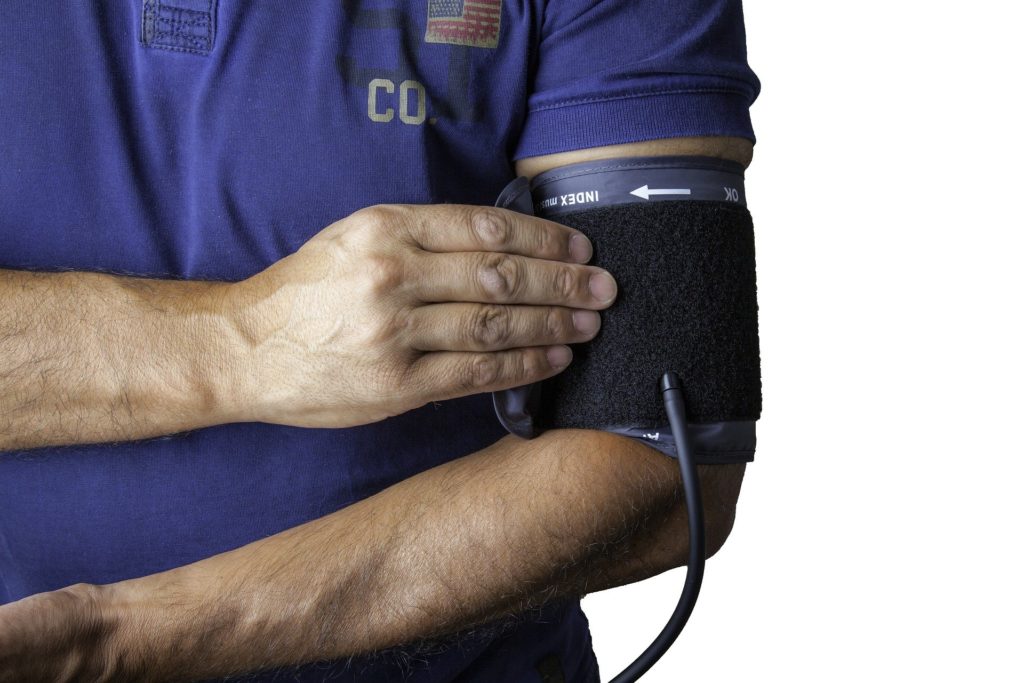After an accident, you may have external bleeding or injuries that are relatively easy to see and diagnose. But internal bleeding can also be occurring, and can be a much more insidious and dangerous type of injury.
Any kind of internal bleeding can quickly become dangerous for the patient, so it’s important to receive prompt treatment. But how do you know if your injuries have caused internal bleeding, especially if you’re dealing with other injuries due to a traumatic accident? We’ve compiled a quick primer on identifying internal bleeding early on, so you can quickly get the care you need.
Causes of Internal Bleeding
Internal bleeding isn’t always caused by an accident. Some common causes of internal bleeding include:
- Damaged blood vessels
- Blood clotting issues
- Certain medications
- Chronic high blood pressure
- Gastrointestinal (GI) issues
- Inherited bleeding disorders
- Endometriosis
- Lifestyle factors, such as excessive drinking
More serious causes of internal bleeding include:
- Trauma: Accidents such as car accidents or falls can damage your organs or blood vessels, leading to internal bleeding.
- Aneurysms: When a weak blood vessel wall bulges out, a pocket of blood can occur. When this bursts, it can cause life-threatening internal bleeding.
- Broken bones: Broken bones can cause internal bleeding, especially with larger bones.
- Ectopic pregnancies: When a fetus grows outside the uterus, internal bleeding can occur.
- Surgery: Surgeons are supposed to ensure that bleeding has ceased before completing an operation. If bleeding continues after an incision is closed, this can be highly dangerous for the patient.

Early Warning Signs of Internal Bleeding
Internal bleeding is always the result of an injury or an underlying condition. If you experience trauma, such as a car accident, or a fall, or have any of the above listed conditions, it’s important to be on the lookout for signs of internal bleeding. Early warning signs include:
- Severe weakness
- Dizziness
- Fainting
- Low blood pressure
- Numbness
- Visual issues
- Severe headache
- Severe abdominal pain
- Chest pain
- Shortness of breath
- Nausea or vomiting
- Diarrhea
- Dark, bloody vomit or stool
- Bruising appearing around abdomen
It’s important to remember that internal bleeding can occur in different parts of your body, which will lend themselves to differing symptoms depending on location.
Severe Symptoms of Internal Bleeding
Some cases of internal bleeding will cause the body to go into shock. A body can go into shock if there is not enough blood supply, so this happens particularly in cases where a lot of blood can be lost. Internal bleeding that occurs in the abdomen, chest, or thigh are high risk areas for substantial blood loss.
Symptoms of shock include:
- Low blood pressure
- Sweating
- Rapid heart rate
- Changes in alertness, such as lethargy or sleepiness
- Weakness
Going into shock is very dangerous, and you will need to be immediately taken to the nearest emergency room.
How Is Internal Bleeding Diagnosed and Treated?
Doctors will need to use lab tests and imaging tools to identify the causes and severity of any internal bleeding. CT scans, X-rays, or Angiography tests may all be ordered to diagnose internal bleeding.
Once diagnosed, the doctor will decide on treatment based on the severity of the bleeding. Mild internal bleeding can be treated with rest and symptom control, where more severe treatment may require surgery to stop the bleeding and clean out pooled blood from inside your body.

Photo by Gerald Oswald via Pixabay
Personal Injury Lawsuits and Internal Bleeding
If internal bleeding is left untreated, the consequences can be severe. Organ failure, coma, and even death can result when internal bleeding is not caught early enough. If your health care practitioner failed to screen for internal bleeding, or ignored common symptoms or comorbidities of internal bleeding, then you may have standing to bring a medical malpractice lawsuit.
Some drug makers have also been sued in the past for drugs that were aggressively marketed by their makers, all while the pharmaceutical company knew that they caused a risk of internal bleeding. If you believe you may have a lawsuit related to internal bleeding, call the experienced Philadelphia injury attorneys at Thistle Law today. We can help evaluate your claim with a free consultation when you call 215-525-6824 or fill out our form here.

